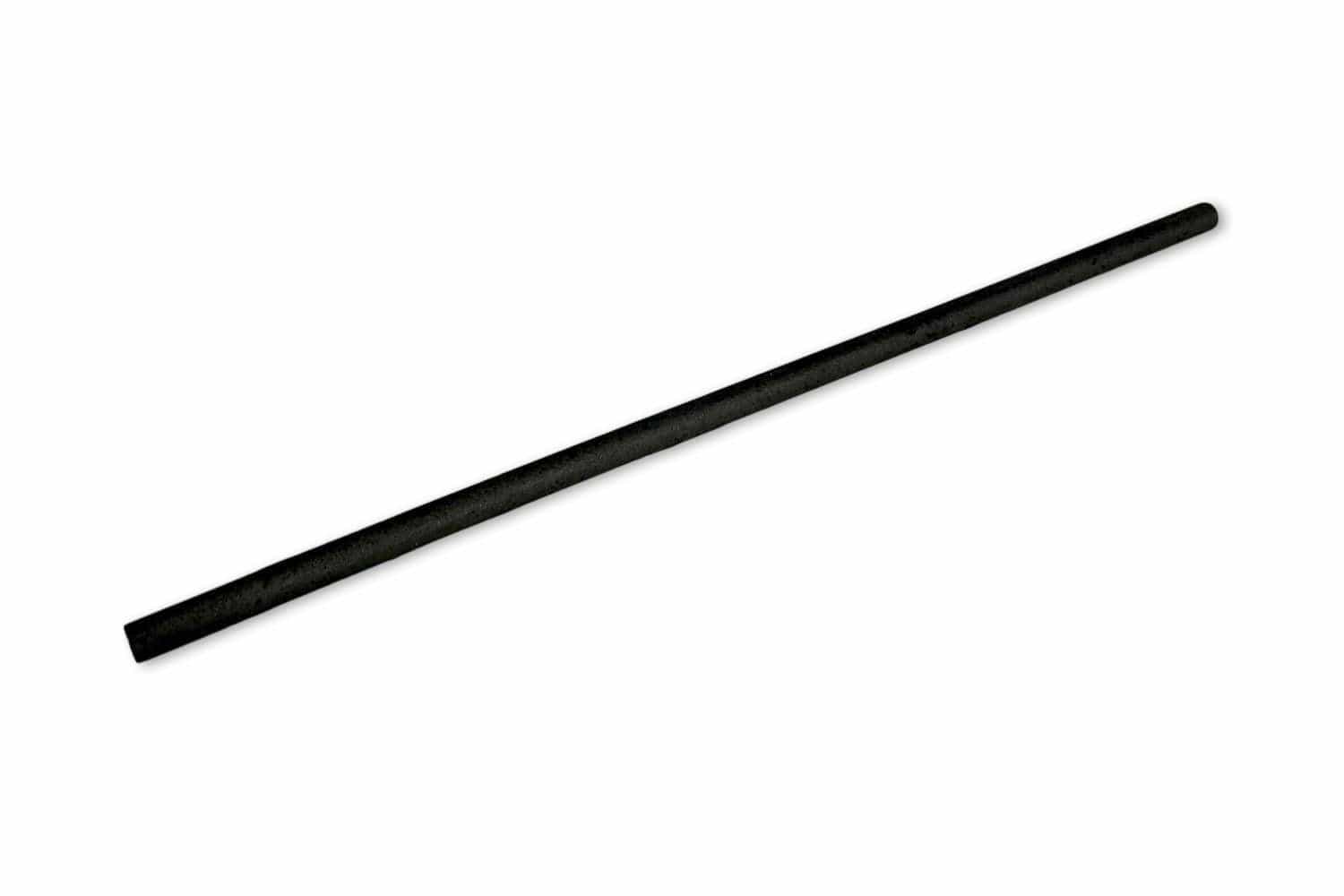Dannydavito
Well-Known Member
A niche growing style that may soon gain traction within the growing community is electroculture! Electroculture is a term used to describe a wide range of growing techniques that involve a plants response to electricity. The idea of electroculture has been around for hundreds of years but unfortunately it remains largely unstudied.
The theory behind it
There are several theories regarding how electric current interacts with plant physiology.
Increased nutrient uptake
Electric fields can cause the charged particles in nutrients to become free floating within a soil medium, allowing faster uptake.
Root stimulation
The application of electric fields to roots seems to lead to increased root mass in a quicker time period.
Increased oxygen- the application of dc current within the medium will cause electrolysis of water. Hydrogen will be released at one electrode while oxygen will be released at the other. This means oxygen is generated in the root zone
Yield- researchers in China have reported up to a 30 percent yield increase with electroculture techniques
How to make an electroculture setup
As I said the research is lacking on this subject and it is near nonexistent in the non scientific community. In order for us to gain a deeper understanding we need to conduct experiments to see what we can do with commercial materials.
One setup involves placing a thin insulated wire above the plant. The height above the plant will vary depending on the voltage of the wire. This is a more advanced setup as a high voltage is required across the wire.
Another setup involves placing two electrodes into the soil and running current between them. In this case a lower voltage and current should be used to prevent damage to the plant.
A typical "bench" style power supply should be sufficient for our purposes. A cheap one that can push 30v at 0-5 amps should work great. For electrodes you want something non-corrosive such as stainless steel or carbon. I can make a tutorial on how to extract carbon rods from common household items if you would like.
Please share any info regarding this subject in the comments. I am by no means experienced in this field. I am excited at the prospects of it and would like to see others join the research.
I will be updating this as I learn more.
The theory behind it
There are several theories regarding how electric current interacts with plant physiology.
Increased nutrient uptake
Electric fields can cause the charged particles in nutrients to become free floating within a soil medium, allowing faster uptake.
Root stimulation
The application of electric fields to roots seems to lead to increased root mass in a quicker time period.
Increased oxygen- the application of dc current within the medium will cause electrolysis of water. Hydrogen will be released at one electrode while oxygen will be released at the other. This means oxygen is generated in the root zone
Yield- researchers in China have reported up to a 30 percent yield increase with electroculture techniques
How to make an electroculture setup
As I said the research is lacking on this subject and it is near nonexistent in the non scientific community. In order for us to gain a deeper understanding we need to conduct experiments to see what we can do with commercial materials.
One setup involves placing a thin insulated wire above the plant. The height above the plant will vary depending on the voltage of the wire. This is a more advanced setup as a high voltage is required across the wire.
Another setup involves placing two electrodes into the soil and running current between them. In this case a lower voltage and current should be used to prevent damage to the plant.
A typical "bench" style power supply should be sufficient for our purposes. A cheap one that can push 30v at 0-5 amps should work great. For electrodes you want something non-corrosive such as stainless steel or carbon. I can make a tutorial on how to extract carbon rods from common household items if you would like.
Please share any info regarding this subject in the comments. I am by no means experienced in this field. I am excited at the prospects of it and would like to see others join the research.
I will be updating this as I learn more.
Last edited:



